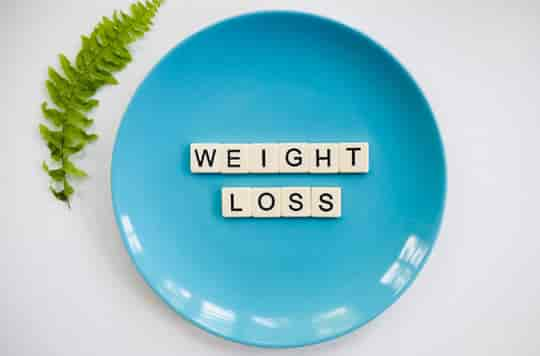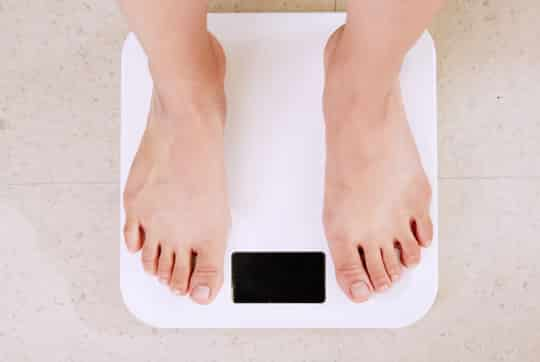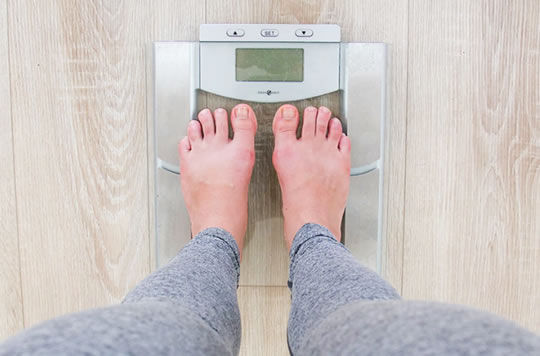This food makes people eat less because they feel fuller.
A handful of nuts each day can reduce weight gain and can increase weight loss, a study finds.
A half ounce of nuts, instead of snacks that are unhealthy, like French Fries or potato chips, can help to reduce off weight gain.
US adults put on 1lb of weight each year, on average, so stopping this slow increase is central to fighting obesity.
Dr Xiaoran Liu, the study’s first author, said:
“People often see nuts as food items high in fat and calories, so they hesitate to consider them as healthy snacks, but they are in fact associated with less weight gain and wellness.”
The study included 51,529 people who were tracked over 20 years or more.
People put on an average of 0.71lbs each year, the results showed.
However, eating more nuts lead to less weight gain and also a lower risk of becoming obese.
A half-serving of nuts each day reduced the risk of becoming obese by 23 percent.
Dr Liu says that prevention is better than cure:
“Once people reach adulthood, they start to gradually gain about one pound a year of weight, which seems small.
But if you consider gaining one pound over 20 years, it accumulates to a lot of weight gain.
Adding one ounce of nuts to your diet in place of less healthy foods — such as red or processed meat, French fries or sugary snacks — may help prevent that slow, gradual weight gain after you enter adulthood and reduce the risk of obesity-related cardiovascular diseases.”
Nuts make people feel fuller because of their high fibre content.
Nut fibres also bind to fats in the gut, which means more calories are excreted.
The study’s authors write:
“In addition to the impact on human health, using environmentally friendly plant-based protein, such as nuts and seeds to replace animal sources of protein may contribute to the promotion of a global sustainable food system.”
The study was published in the journal BMJ Nutrition, Prevention & Health (Liu et al., 2019).









